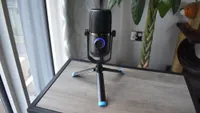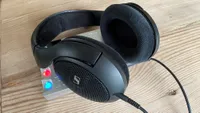Don’t buy that gaming headset — you can get more for your money
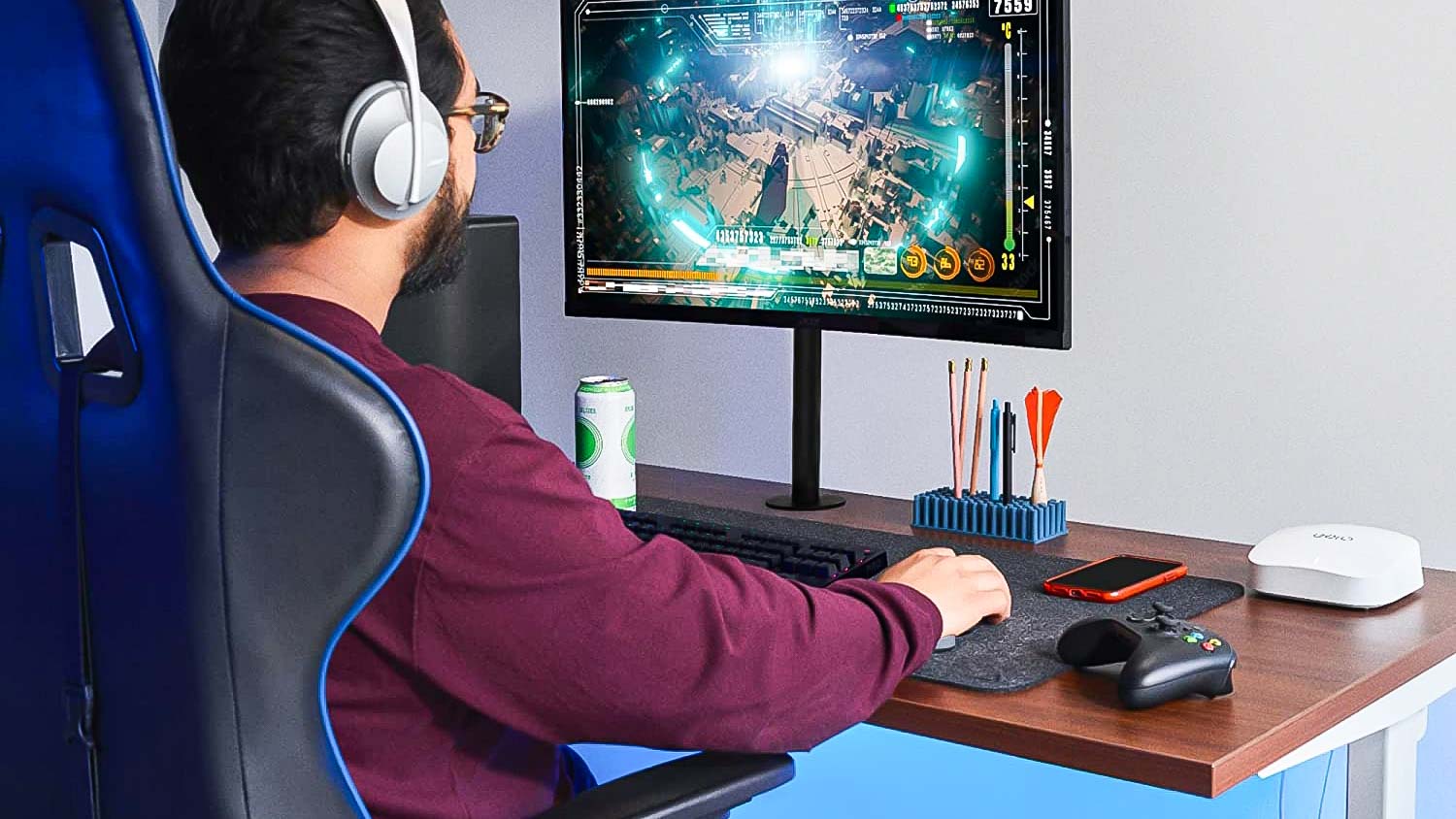
I review gaming peripherals for my job, and I've been a PC gamer for nearly as long as I can remember. Gaming headsets have always been a big pet peeve of mine.
I'm not trying to defend the sanctity of PC gaming from an encroachment of console norms or anything. A headset is a convenient way of having both personal sound and a microphone for online play on a console with limited options. Why, then, am I seeing so many headsets marketed towards PCs?
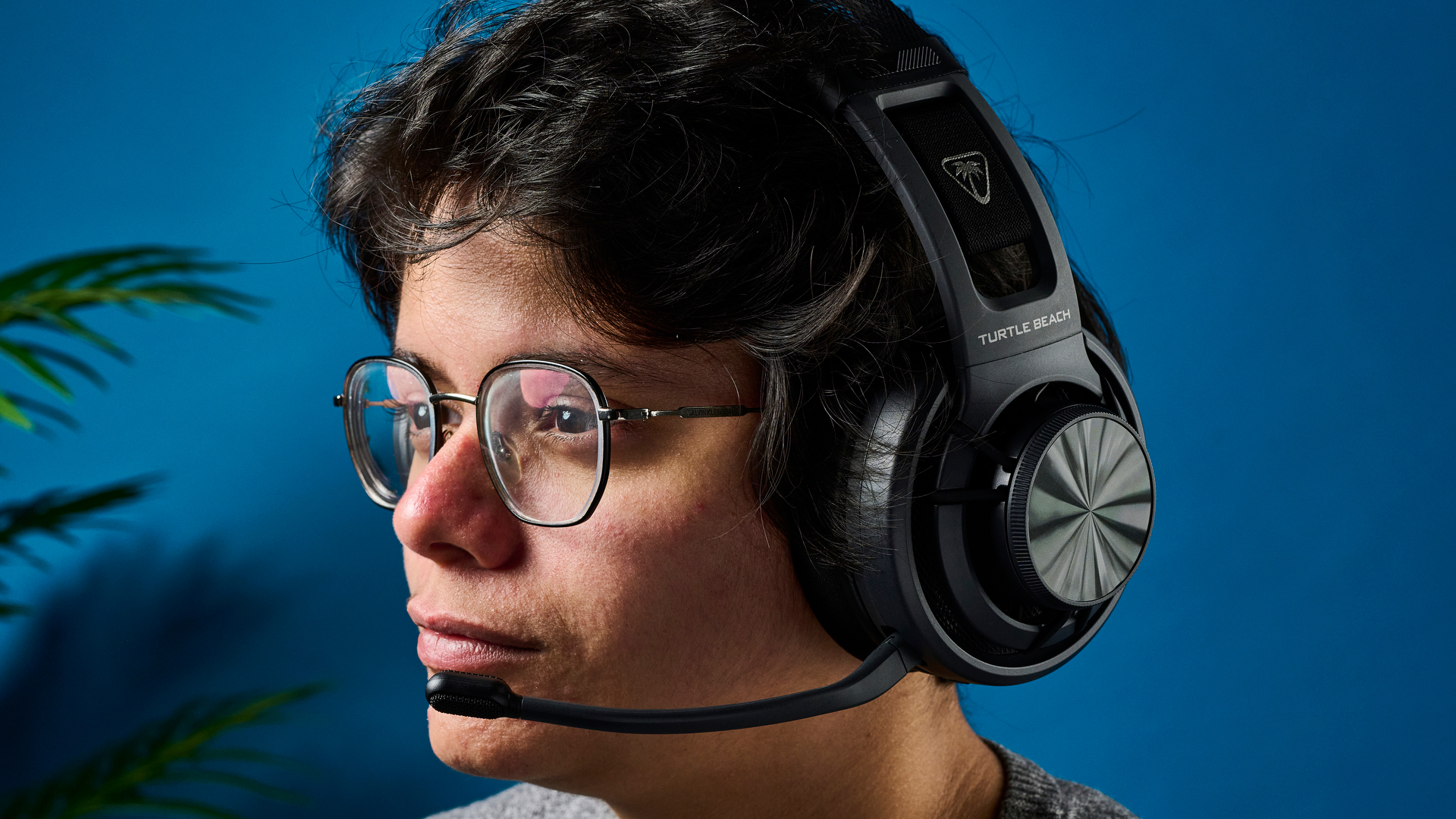
I get it, a headset is a convenient way to talk and hear without having to worry about buying multiple peripherals. If you're a professional esports player at a LAN competition, theres a lot to like about having a headset over a separate mic — no one wants to worry about optimal placement and desk organization at a tournament.
For the rest of us, whether its chatting with friends or family online, or banter at half-time of a Valorant match, we want to sound our best without sacrificing audio, or spending a fortune on a professional sound set-up. I think the best, and cheapest, way to ensure you have the best of both worlds is simple — drop that headset, and buy two peripherals.
What have you got against headsets, anyway?
I am sick of spending more, for less. Nowhere is safe from that awful feeling of disappointment. You will know what I mean — you unbox that expensive piece of tech or neat new gaming peripheral, and soon after the initial excitement fades you realize that it isn't quite what you expected.
I have recently tested several headsets, all of which in some part are marketed towards PC users, and found that one thing remained consistent across all of them — the microphone just isn't very good. The limitations of a self-contained microphone means you are always going to have to sacrifice some quality, but it gets pretty egregious when you're spending so much on a single peripheral.
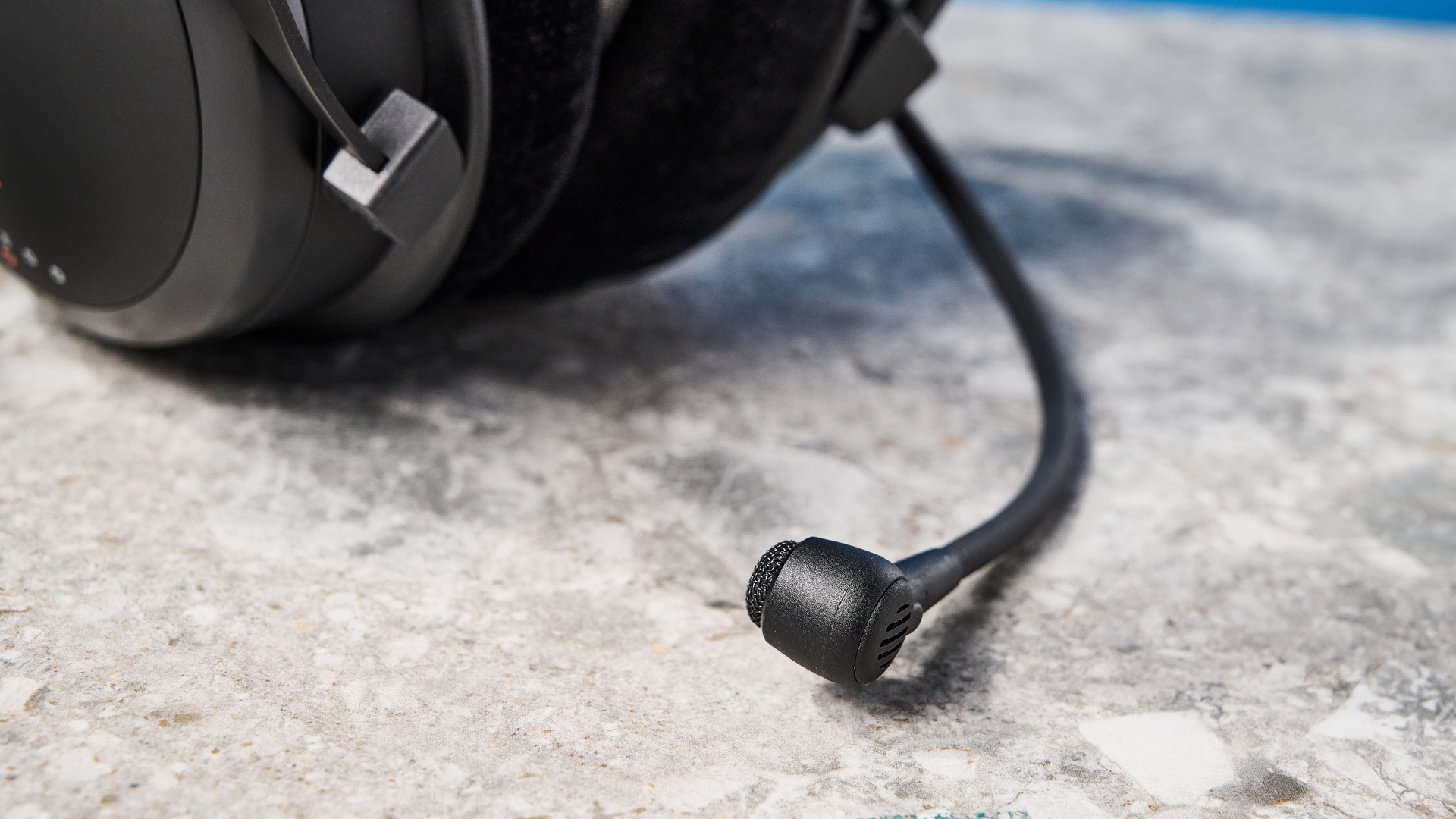
Even the best headsets I have tested, such as the Beyerdynamic MMX 300 Pro ($249), demonstrate this issue. My voice comes through muffled and bassy, rather than an honest projection of my voice. Sure it works, but you don't have to settle for less when you're paying $250 for some cans. Don't get me started on the Turtle Beach Atlas Air ($179), too. In part due to the Bluetooth connection, the mic quality was so bad it was hard to have simple conversations over Discord.
Get instant access to breaking news, the hottest reviews, great deals and helpful tips.
You don't have to be a streamer...
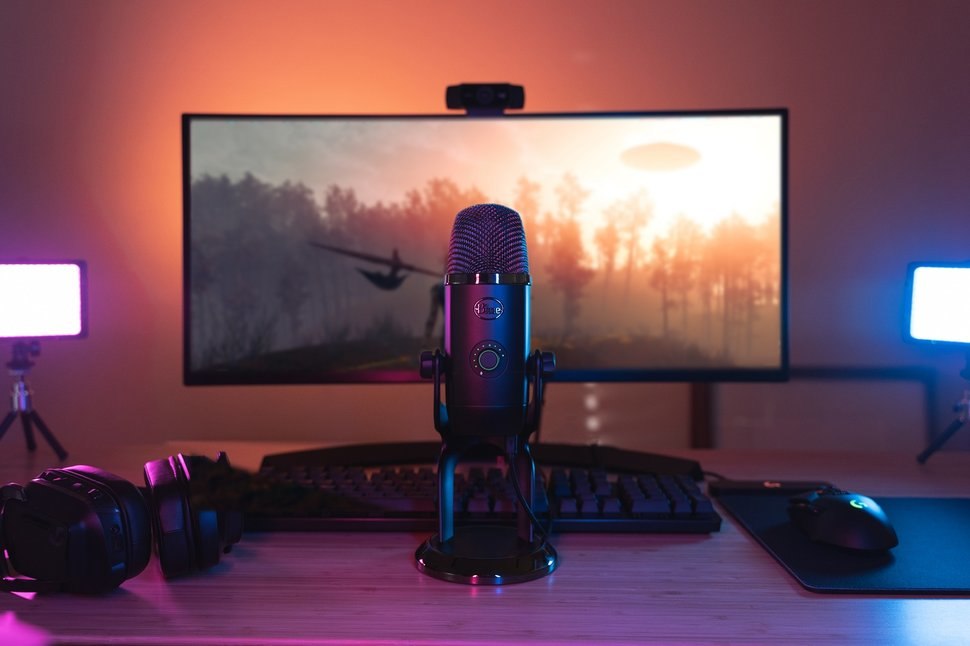
Standalone microphones can be simple and effective ways to get more out of your audio. Most USB microphones are effectively plug and play, requiring little to no setup to get your voice sounding its best — offering a dedicated audio input where even the cheapest options surpass the very best headsets have to offer.
Obviously, if you are an aspiring content creator you might want to put some more thought into getting one of the best microphones available, rather than a gaming mic. You can get your hands on the versatile Sennheiser Profile for $99, which provides a level of quality that'll really make a difference for a mass audience.
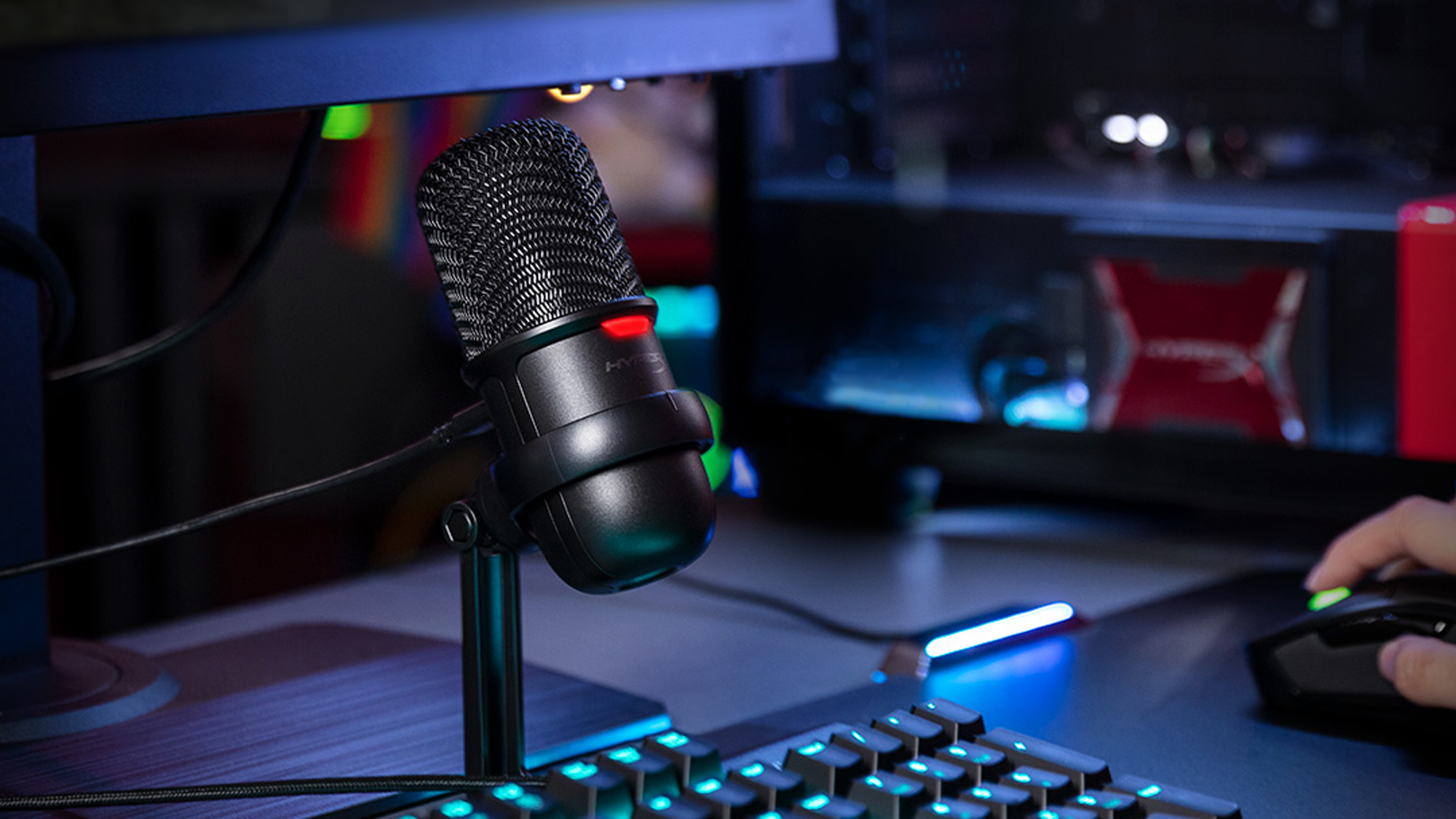
HyperX SoloCast: Was $59 now $49 @ Amazon
Small and easy to use, the SoloCast is one of my favorite USB mics for clarity.
For most people though, you don't need anything special. Thankfully, there are many affordable microphones out there which offer fantastic performance for an affordable price. I always find myself quickly wanting to go back to my old reliable, the HyperX Solocast ($49). Cheap, cheerful and convenient, this picks up my voice clearly for both Discord and for in-game comms, like in Counter Strike 2 where quick and clear information is vital.
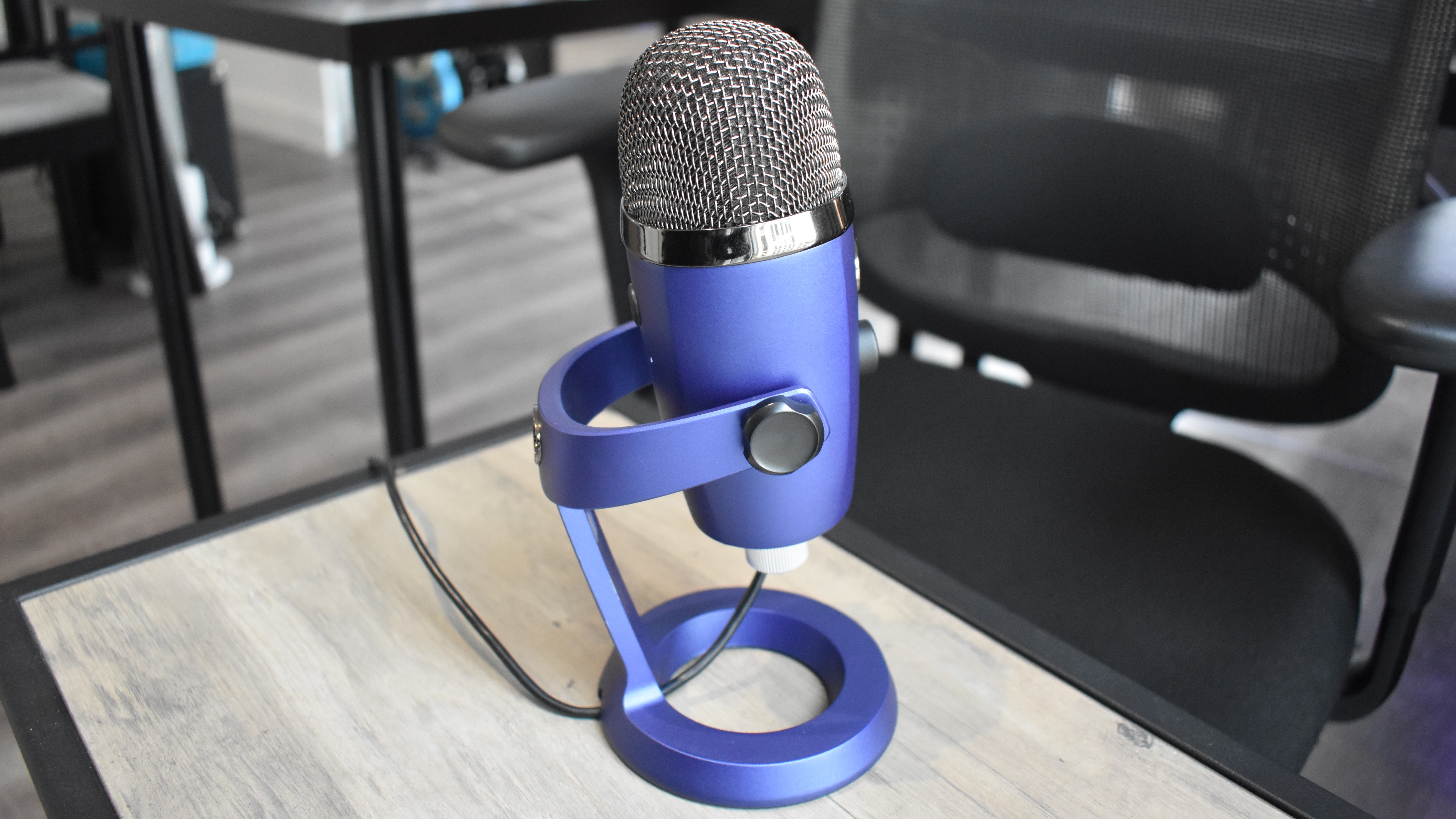
Blue Yeti Nano: Was $99 now $70 @ Amazon
If you're after a cheap USB microphone that won't disappoint in quality, look no further than the Blue Yeti Nano.
If you're willing to spend a little more, a wealth of options open up to you. the Blue Yeti Nano is a smaller version of the iconic Blue Yeti, remaining convenient and accessible for smaller desk spaces, while keeping your voice crystal clear. Don't overlook the budget-friendly JLab Talk either. It's currently available for just $42, nearly half of its regular price, and gives you some straightforward performance, with both USB and 3.5mm aux connectivity.
These picks are going to make a world of difference from your headset mic, and the impact on your space isn't going to be too much — a separate mic doesn't have to be a inconvenience.
JLab Talk: Was $99 now $42 @ Amazon
A worthy competitor to the Blue Yeti Nano, great for both gaming and streaming.
A suitable pair-ing of headphones
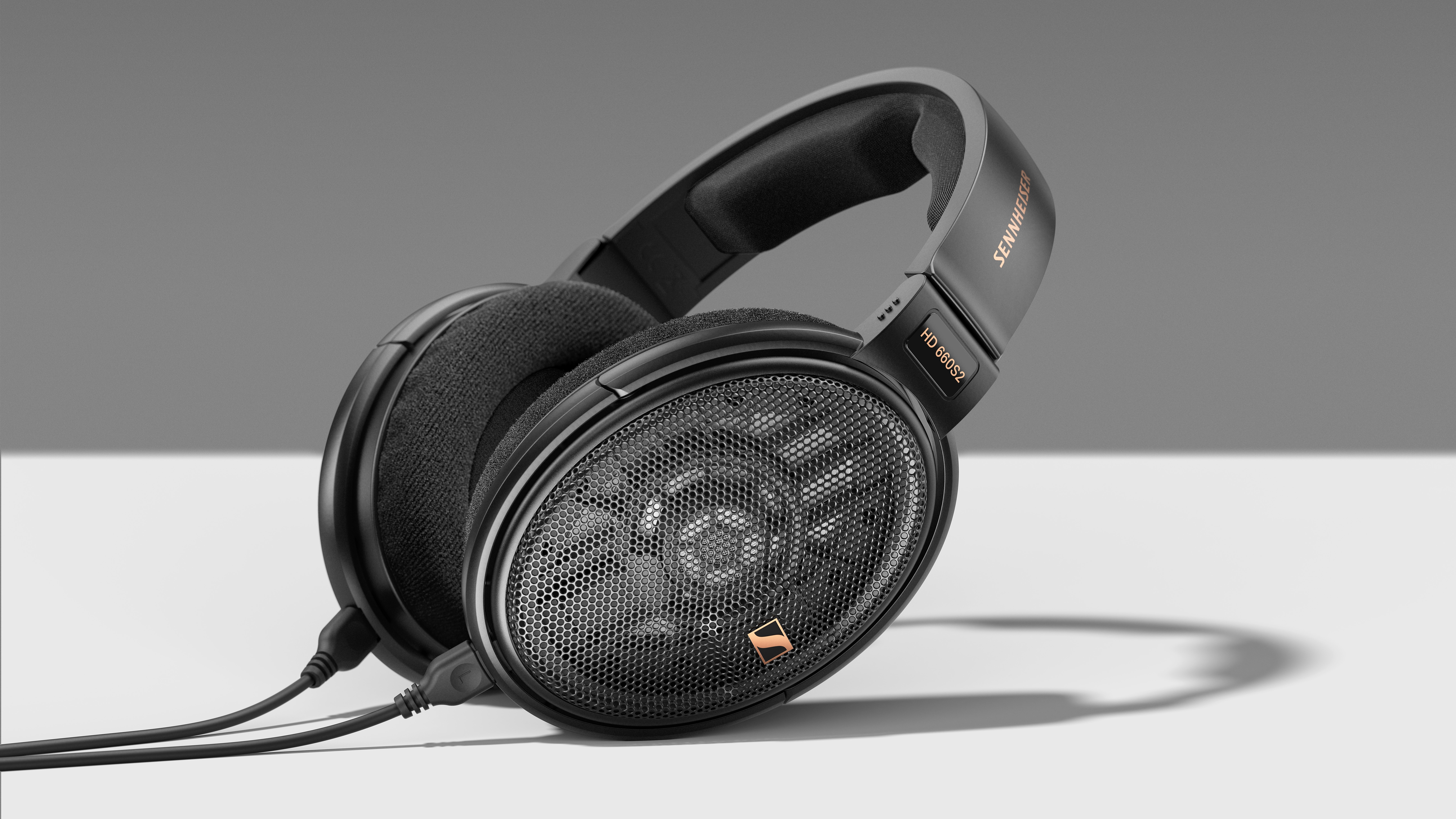
Now you have a USB mic, you will find yourself with a decent budget leftover for your headphones. For me, a fun aspect of buying a separate microphone is that it really opens up a wealth of possibilities — even if you really like the clean sound of a headset like the Audeze Maxwell ($299), you can use this alongside your brand new mic.
For me though, I want to get the most out of multimedia as well as my games. Spending big on a fancy headset with impressive audiophile drivers isn't necessary when you consider that you can pick up some of the best headphones for less than $200.
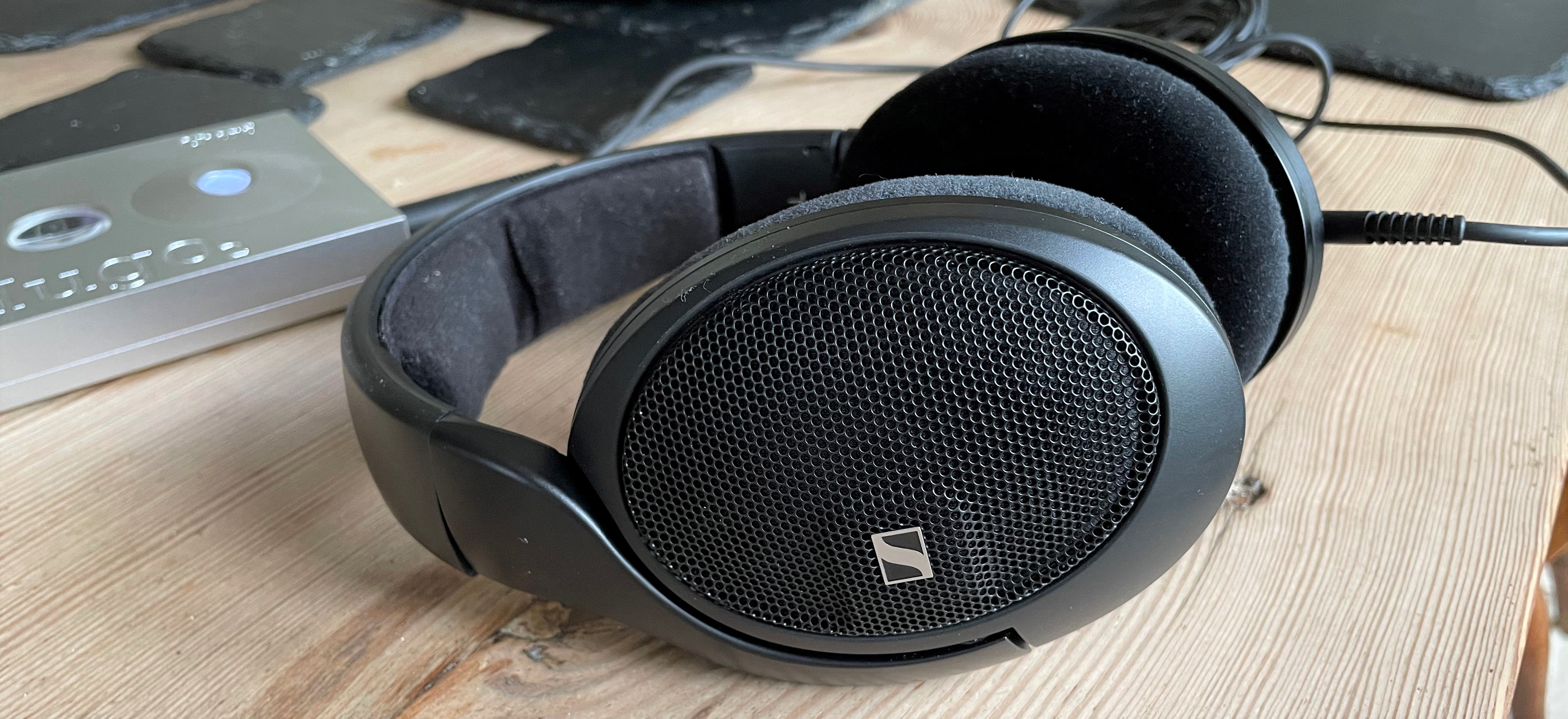
The Sennheiser HD 560s is a great example, and my go-to pick — a studio-quality pair of headphones that will give you superb clarity in game as well as an accurate and beautiful music performance. At just $175 and providing audiophile sound quality for your games and music, you can't go wrong.
Sennheiser HD 560s: Was $229 now $175 @ Amazon
Open-backed studio headphones that will give even the most chaotic soundscapes a rich, detailed quality.
I personally prefer wired headphones, for the absolute best sound quality possible and low latency. However, if you want the convenience of a wireless gaming headset minus the microphone, you can choose any of the best over-ear headphones. A personal favorite is the Sony WH-1000XM5, although for over $300 this might be pushing it. This still comes in at about the same price as some of the most expensive gaming headsets, though, like the Sony Inzone 5 or SteelSeries Arctis Nova Pro, with both around $300.
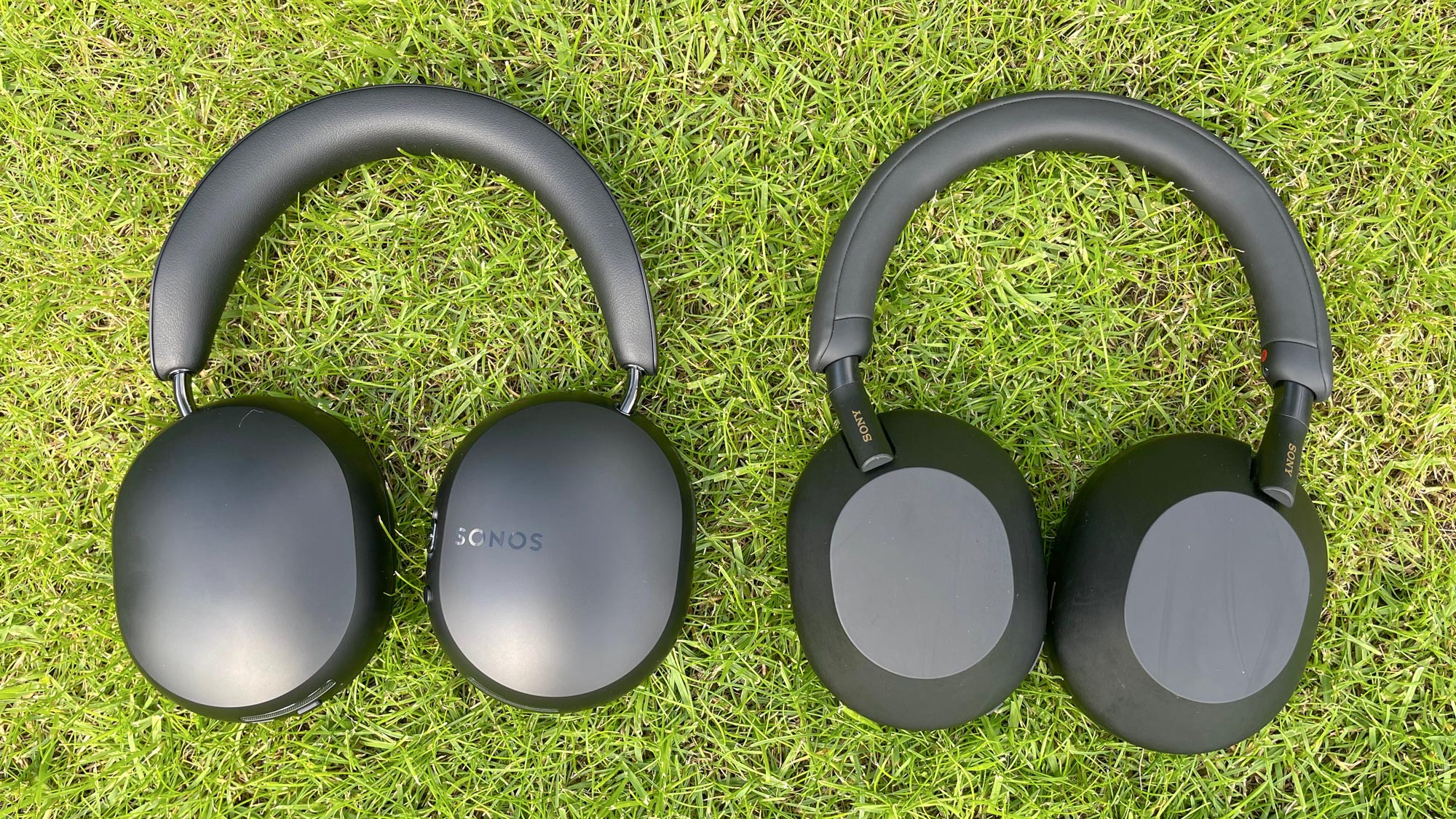
It saddens me greatly to see casual gamers fall victim to the trap that is gaming headsets on PC, overlooking the great options available to them if they instead stick to a dedicated pair of headphones, with a separate microphone. Most of us will be looking for something that gets the job done — nobody wants to be that person who has to be 'politely' told to buy a better mic!
More from Tom's Guide
- Apple Vision Pro vs Meta Quest 3: What we know so far
- Logitech G305 review: So close to greatness
- Best wireless earbuds

Eve is a Staff Writer on the Reviews team at Tom’s Guide. Her expertise centers around computing, and she loves testing out the very best high performance peripherals to help you make the right choice. With her experience working in IT and a love for gaming, she has an eye for function and efficiency— this is reflected in the time spent building and customizing her own desktop PCs. In her downtime, Eve is always on the lookout for new tech to give her a competitive edge in the latest games, or a boost in her daily productivity.


